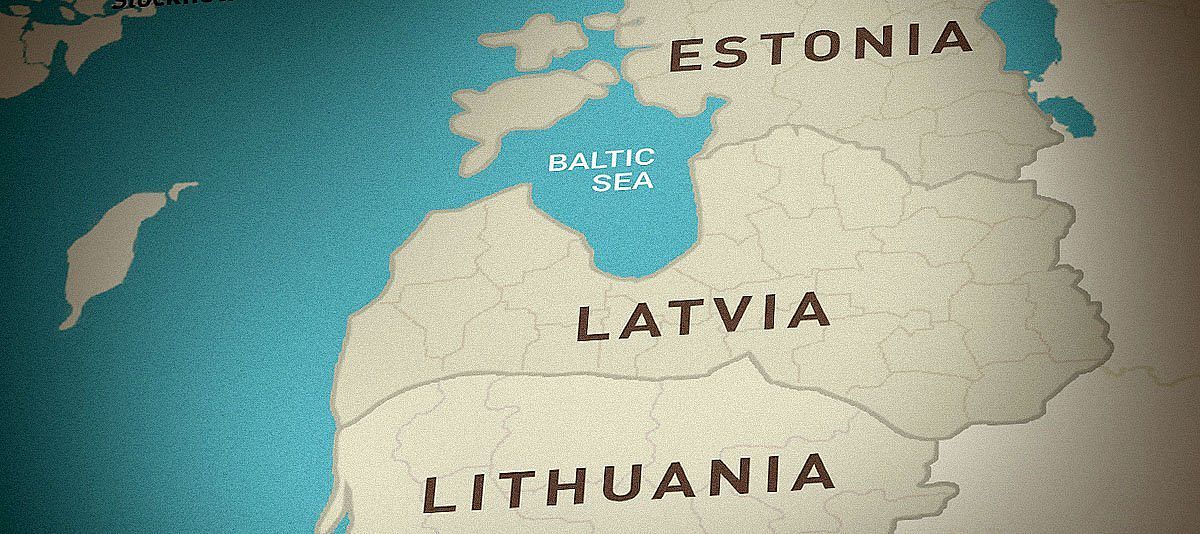Moscow, May 22 - Neftegaz.RU. The target of metals and oil-related sanctions, a Russian Central Bank official said today it may revisit its inflationary targets for the year next month.
In late March, Central Bank Gov. Elvira Nabiullina said inflation in the Russian economy is on course for a new low in the 2nd quarter, but should be around 4 % through 2019. Among the risks, she said, were U.S. and European monetary policies that could discourage investments in the Russian economy.
«Increased protectionism in world trade is also of some concern due to its potential impacts on the growth of the global economy,» she said in her latest report.
Russia is among the world leaders in oil, gas and metals production. The Russian Ministry of Economic Development said Friday it would take U.S. sanctions on steel and aluminum before the World Trade Organization, adding retaliatory measures could follow within 30 days.
The U.S. Treasury Department said in April it would offer some sanctions relief to Russian aluminum producer United Co. RUSAL, the 2nd-largest company of its kind outside of China. That brought crude oil prices lower along with broader commodities markets.
Energy companies in Russia, meanwhile, remain under sanctions pressure. Central Bank 1st Deputy Chairwoman Kseniya Yudaeva said Monday the bank may have to revise its inflation forecast.
«We project that under depletion of the effect of short-term and long-term factors inflation will gradually return back to 4 %, and we plan to revise the outlook at the beginning of June,» she was quoted as saying by TASS.
The forecast comes as Russia continues to push for the twinning of its Nord Stream natural gas pipeline running through the Baltic Sea to Germany. Washington maintains that companies working on the project, including several European companies, could run afoul of 2017 sanctions targeting Russia if they work on it.
More than 60 % of total Russian exports are oil and natural gas, which combine for about 30 % of the gross domestic product. Last week, Russian Foreign Minister Sergei Lavrov said he had assurances from Germany that it remained committed to the Nord Stream project.
Author: Daniel J. Graeber







